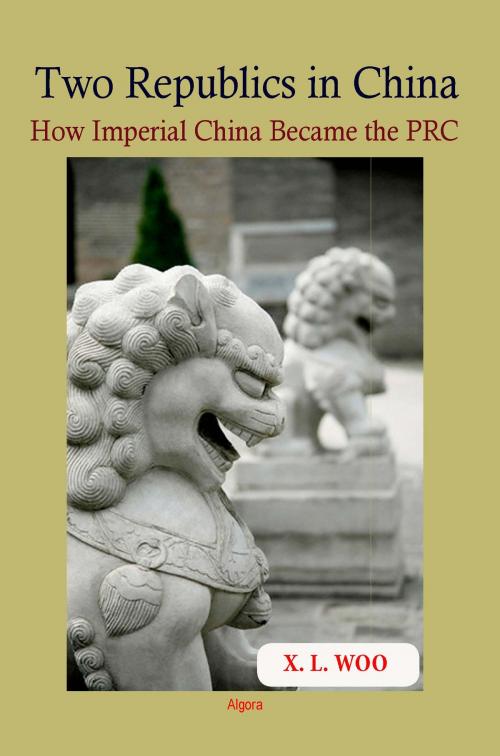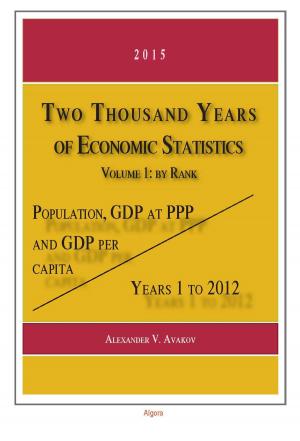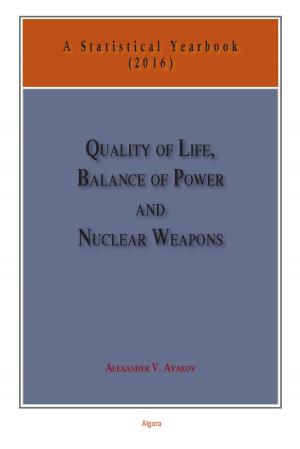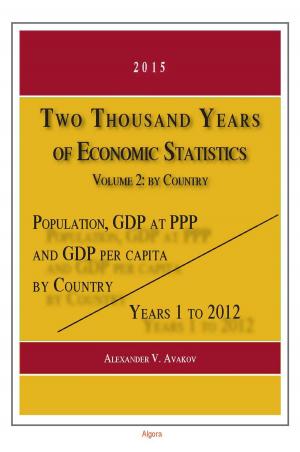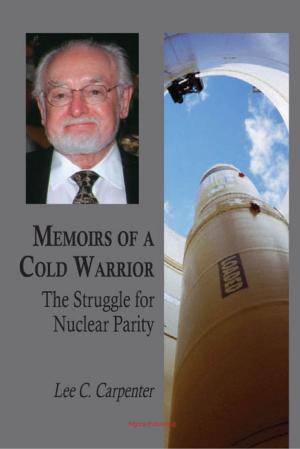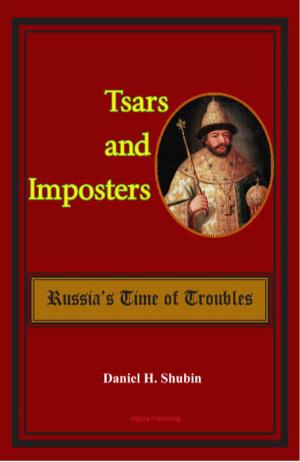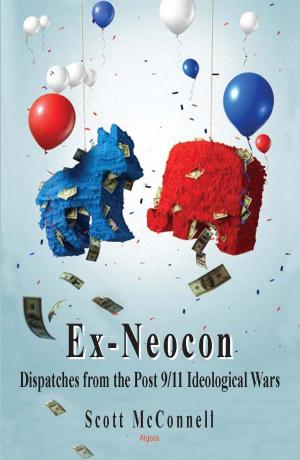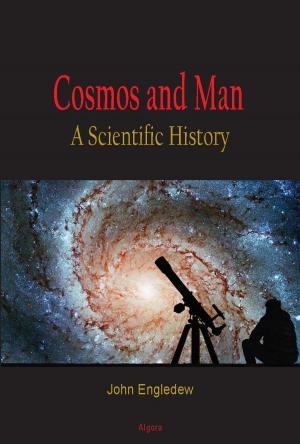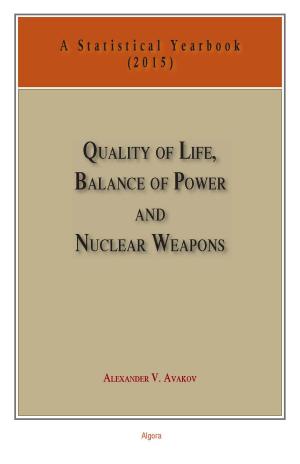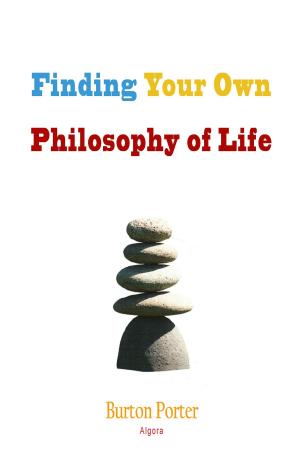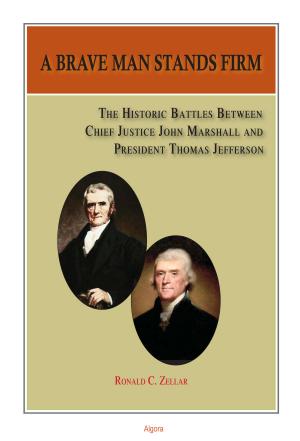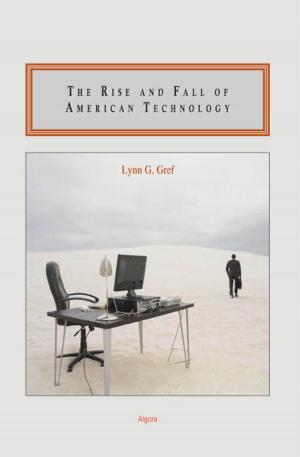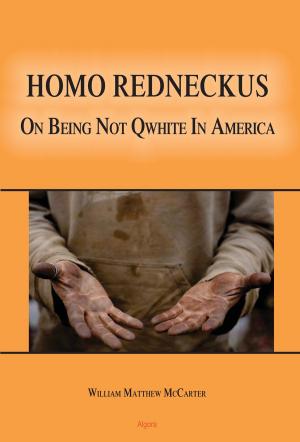| Author: | X. L. Woo | ISBN: | 9781628940985 |
| Publisher: | Algora Publishing | Publication: | January 5, 2015 |
| Imprint: | Algora Publishing | Language: | English |
| Author: | X. L. Woo |
| ISBN: | 9781628940985 |
| Publisher: | Algora Publishing |
| Publication: | January 5, 2015 |
| Imprint: | Algora Publishing |
| Language: | English |
To understand the context of today's international face-off in the South China Sea, readers will appreciate Woo's quick briefing on the extremely bloody Japanese invasion and subsequent repression (1937 to 1941) that left a deep imprint on China's worldview.
Since the last decades of the Empire, the Chinese people suffered one seismic event after another as competing political factions fought from one end of the country to the other. Chiang Kai-shek brought a semblance of order by founding the Republic of China in 1928; but the Communist Party was growing, and then came Japan.
After World War II, the Communists drove Chiang Kai-shek and his Nationalist Party out in 1949, and they retreated to Taiwan, taking with them the designation 'Republic of China'. Then the author describes the social and economic devastation that attended the establishment of the People's Republic of China, the repression of capitalists - business owners and property owners in particular - and the destruction of the educated classes.
Today, China is moving toward the top position among world powers, a position it enjoyed for centuries prior to Britain's Industrial Revolution. But this has been one long march, indeed.
To understand the context of today's international face-off in the South China Sea, readers will appreciate Woo's quick briefing on the extremely bloody Japanese invasion and subsequent repression (1937 to 1941) that left a deep imprint on China's worldview.
Since the last decades of the Empire, the Chinese people suffered one seismic event after another as competing political factions fought from one end of the country to the other. Chiang Kai-shek brought a semblance of order by founding the Republic of China in 1928; but the Communist Party was growing, and then came Japan.
After World War II, the Communists drove Chiang Kai-shek and his Nationalist Party out in 1949, and they retreated to Taiwan, taking with them the designation 'Republic of China'. Then the author describes the social and economic devastation that attended the establishment of the People's Republic of China, the repression of capitalists - business owners and property owners in particular - and the destruction of the educated classes.
Today, China is moving toward the top position among world powers, a position it enjoyed for centuries prior to Britain's Industrial Revolution. But this has been one long march, indeed.
